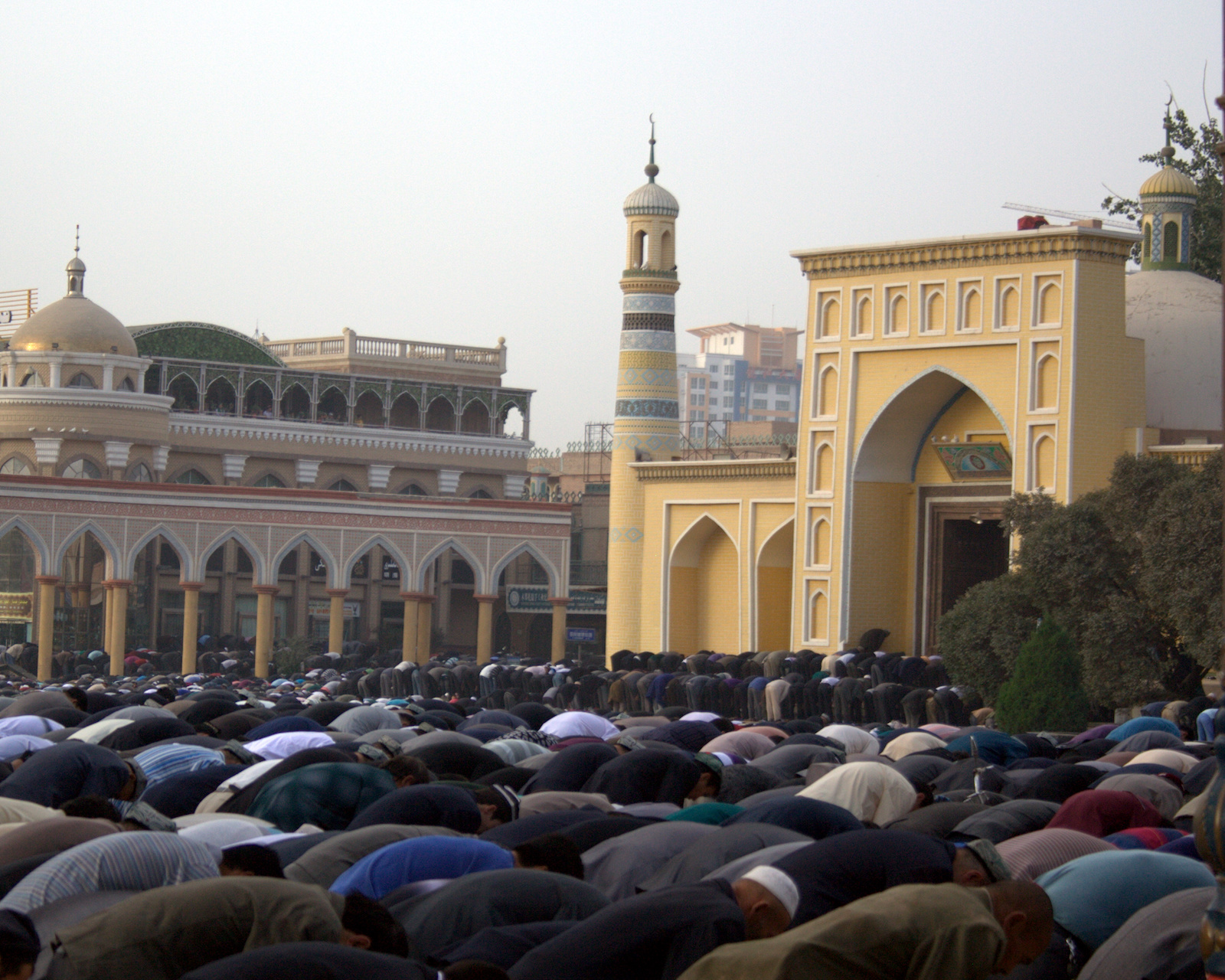BEIJING, China – In the beginning of the fall, the Chinese government resorted to repressive measures against Uighurs, the country’s Muslim minority. This group has been oppressed by the central Chinese authorities ever since the region was absorbed into Communist China in 1949. Lately, things have gotten worse for the 10 million Uighurs who currently inhabit the Xinjiang region in northwest China. Now they are prevented from traveling around the country, studying abroad or reading the Quran.
In the beginning of October a hotel owner in south China was fined 15000 yuan (around $2250) for accepting Uighur guests in violation of a government ban on hotels accepting Muslims.
The order was linked to the 19th Party Congress that began on October 18, but similar anti-Uighur campaigns have taken place before.
Peter Irwin, Project Manager and Researcher with the World Uyghur Congress, told The Globe Post: “Ahead of the G20 Summit in Hangzhou, residents in the city were given financial incentives to report the presence of Uyghurs to police. Notices were circulated by the Hangzhou’s Hongshi property management group which stated as one of its stipulations: ‘If you see Uyghur from Xinjiang you must go to police and may collect 500 yuan reward.'”
Besides being subject to the country-wide hotel ban, Xinjiang Muslims were also ordered to hand in copies of the Quran and prayer mats to the authorities. These measures were reportedly taken as part of a region-wide campaign to ban illegal publicity materials that contain “extremist” content.
Earlier this year Chinese Muslims who had been studying abroad were ordered to return home. Those who refused to obey either went into hiding or were repatriated to China. Some had to come back after their families in Xinjiang were threatened. The majority of these Chinese Muslims had been studying in Egypt and Turkey, while others were in Australia, France and Canada.
Some of the students were reportedly later sent to counter extremism training centers and “education and transformation centers.” These camps, according to Human Rights Watch, were established in Xinjiang in the spring, shortly after President Xi Jinping called for a “great wall of iron” to guarantee security in the region which the Chinese government presents as the country’s front-line in the war against terrorism.
Uighurs and other Xinjiang Muslims, including ethnic Kyrgyz and Kazakh people, who are deemed by the authorities to be politically threatening are sent to these camps for “re-education,” according to rights groups.
“In my opinion, the main purpose of the re-education camps is another exercise of control and showing off power in order to eliminate any resistance towards CCP’s absolute control of Uyghurs. It is not clear how long these camps will exist and how long people will be detained in them,” Zubayra Shamseden, the Uyghur Human Rights Project’s Chinese Outreach Coordinator, told The Globe Post.
Such centers are all too familiar to the inhabitants of neighboring Tibet who also face constant pressure from the Chinese government. Similar re-education camps appeared in Xinjiang only months after Chen Quanguo, the former governor of Tibet, became the head of the region.
In 2012, Mr. Chen had ordered the recall of passports held by local residents in Tibet. Shortly after he became the governor of Xinjiang, Uighur Muslims in parts of the region were required to hand over their passports to the police, officially for safekeeping. Another of Mr. Chen’s projects, called convenience police stations, also began to appear in Urumqi, the administrative center of Xinjiang. These are small buildings which are guarded 24 hours a day and are equipped with first-aid kits, wheelchairs and surveillance cameras.
“Although the re-education camps have been in use in different forms for a number of years, their use has been intimately tied to the return of thousands of Uyghur students from abroad as well. We have seen a number of Uyghur students already sent to the camps, if not to prison,” Mr. Irwin said.
Ms. Shamseden said the camps seemed to be targeted at Uyghurs, and there were no reports of ethnic Chinese being sent to them.
The Chinese government says Xinjiang is its major battleground in the war against Islamic terrorism, but repression may be the initial cause of radicalization for local Muslims.
Uighurs began to increasingly turn to extremism in the 1990s, after China launched a series of crackdowns on the region following local calls for greater autonomy. Since then, authorities have tightened security and coerced neighboring states that had traditionally provided aid to Uighur refugees – Turkey, Kyrgyzstan and Kazakhstan – into imposing stricter control over Uighurs and deporting refugees back to China.
Left without opportunities at home and limited chances to move abroad, more than 100 Uighurs have gone to fight for Islamic State in Iraq and Syria. A report from the think tank New America showed that most had no experience with jihad and were not necessarily motivated by religion. Many of the Uighurs who left to join ISIS were searching for a better life – one they would never be able to get at home.
Peter Irwin of the Globe Uyghur Congress noted: “It is imperative that we understand motivating factors that led some to uproot their lives for the cause. It must therefore also be made clear that attempts at understanding factors behind this behavior should not be conflated with justification, but as a concerted effort at determining root causes in hopes of consequent prevention.”


